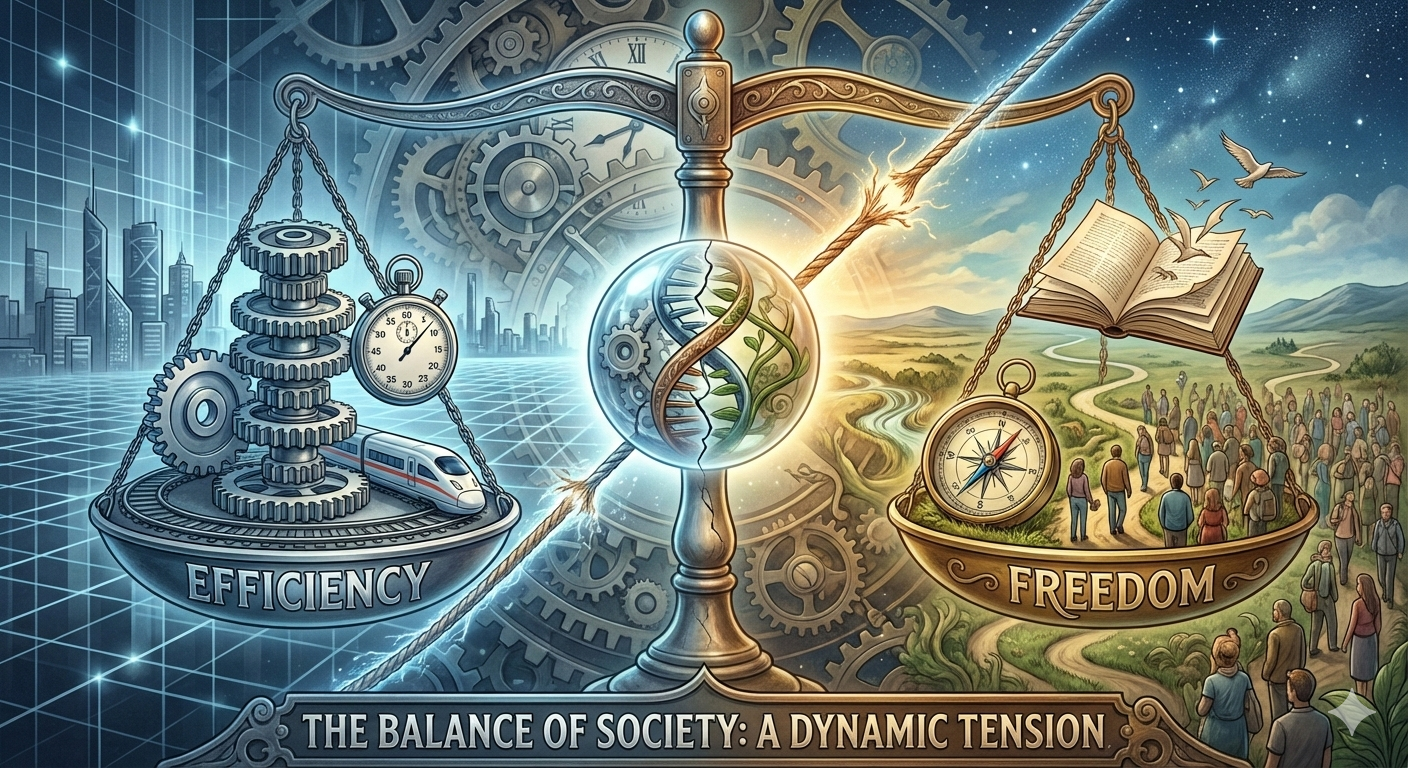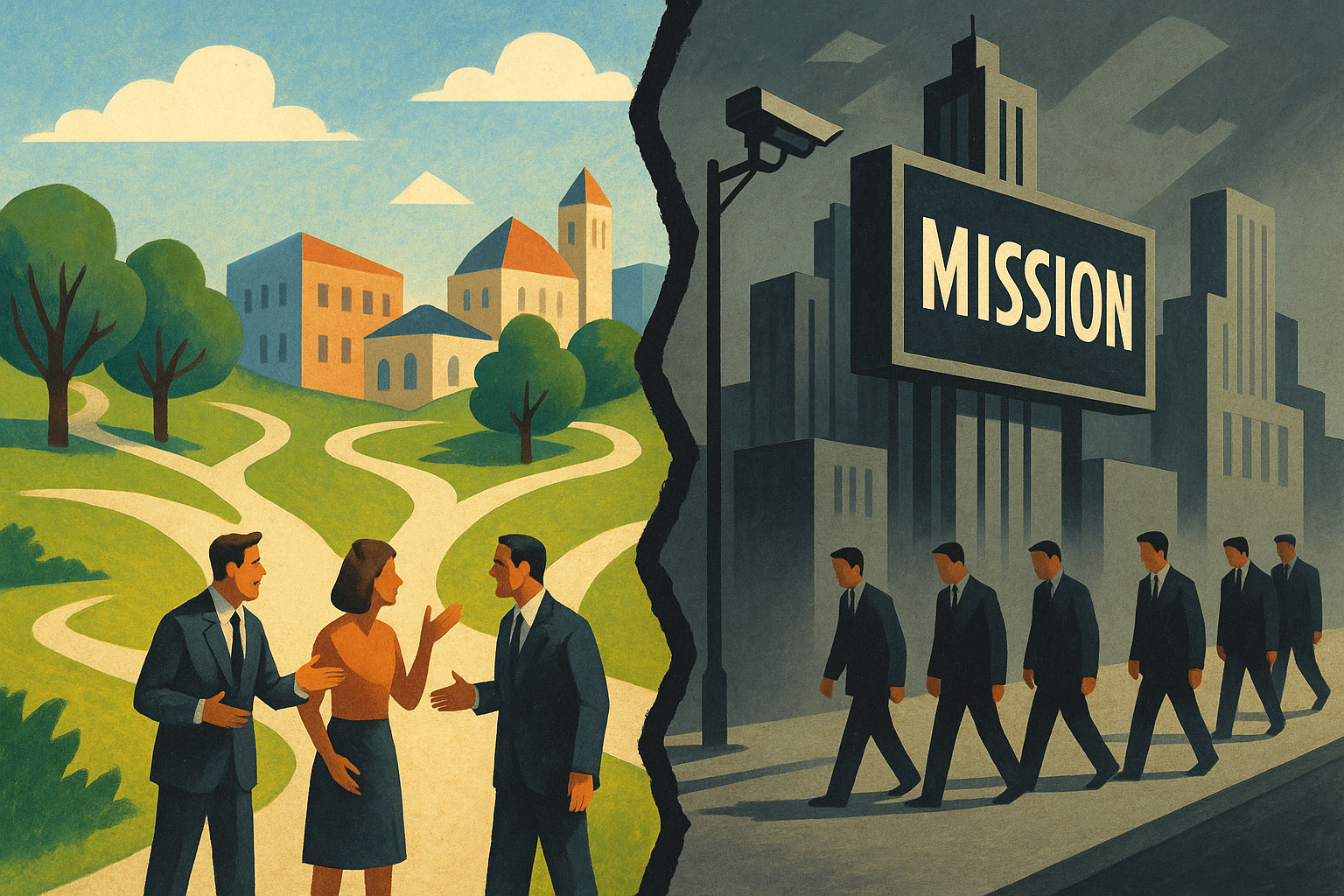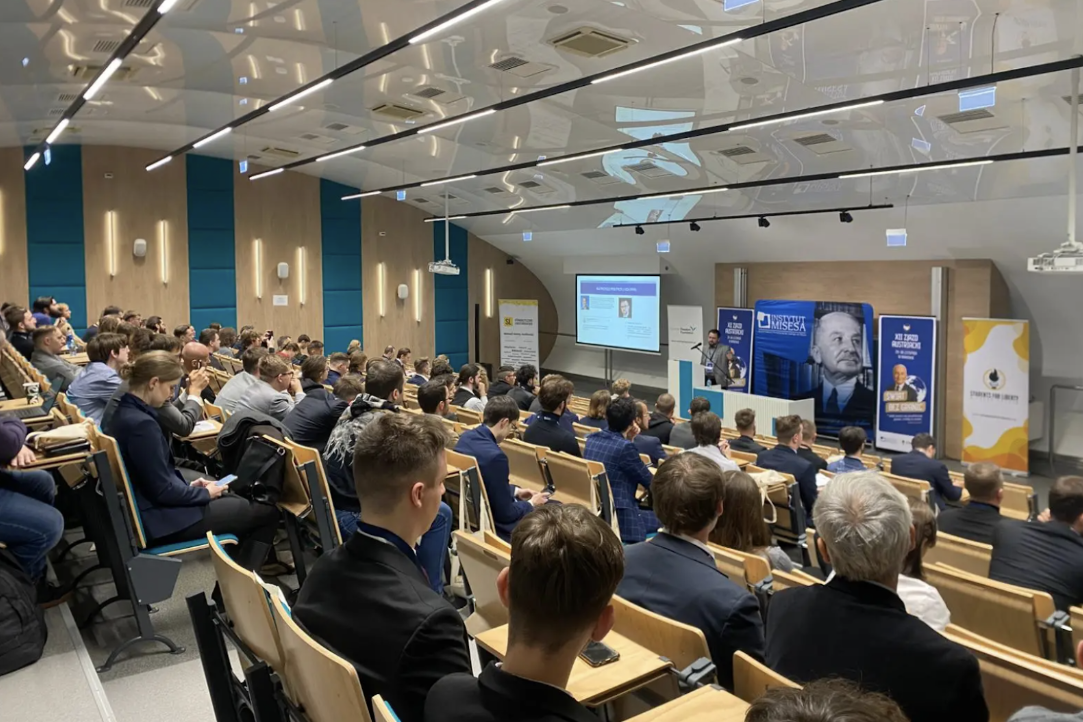Image citation: Construction of Metro System by Paolo Margari, licensed under Unsplash
Author: Frederick Bastiat
Nothing is more natural than that a nation, after having assured itself that an enterprise will benefit the community, should have it executed by means of a general assessment. But I lose patience, I confess, when I hear this economic blunder advanced in support of such a project: “Besides, it will be a means of creating labor for the workmen.”
The State opens a road, builds a palace, straightens a street, cuts a canal, and so gives work to certain workmen—this is what is seen: but it deprives certain other workmen of work—and this is what is not seen.
The road is begun. A thousand workmen come every morning, leave every evening, and take their wages—this is certain. If the road had not been decreed, if the supplies had not been voted, these good people would have had neither work nor salary there; this also is certain.
But is this all? Does not the operation, as a whole, contain something else? At the moment when Mr. Dupin pronounces the emphatic words, “The Assembly has adopted,” do the millions descend miraculously on a moonbeam into the coffers of Misters Fould and Bineau? In order that the evolution may be complete, as it is said, must not the State organize the receipts as well as the expenditure? Must it not set its tax-gatherers and taxpayers to work, the former to gather and the latter to pay?
Study the question, now, in both its elements. While you state the destination given by the State to the millions voted, do not neglect to state also the destination which the taxpayer would have given, but cannot now give, to the same. Then you will understand that a public enterprise is a coin with two sides. Upon one is engraved a laborer at work, with this device, that which is seen; on the other is a laborer out of work, with the device, that which is not seen
The sophism which this work is intended to refute is the more dangerous when applied to public works, inasmuch as it serves to justify the most wanton enterprises and extravagance. When a railroad or a bridge are of real utility, it is sufficient to mention this utility. But if it does not exist, what do they do? Recourse is had to this mystification: “We must find work for the workmen.”
Accordingly, orders are given that the drains in the Champde-Mars be made and unmade. The great Napoleon, it is said, thought he was doing a very philanthropic work by causing ditches to be made and then filled up. He said, therefore, “What signifies the result? All we want is to see wealth spread among the laboring classes.”
But let us go to the root of the matter. We are deceived by money. To demand the cooperation of all the citizens in a common work, in the form of money, is in reality to demand a concurrence in kind; for every one procures, by his own labor, the sum to which he is taxed. Now, if all the citizens were to be called together, and made to execute, in conjunction, a work useful to all, this would be easily understood; their reward would be found in the results of the work itself.
But after having called them together, if you force them to make roads which no one will pass through, palaces which no one will inhabit, and this under the pretext of finding them work, it would be absurd, and they would have a right to argue, “With this labor we have nothing to do; we prefer working on our own account.”
A proceeding which consists in making the citizens cooperate in giving money but not labor, does not, in any way, alter the general results. The only thing is, that the loss would react upon all parties. By the former, those whom the State employs, escape their part of the loss, by adding it to that which their fellow-citizens have already suffered.
There is an article in our constitution which says: “Society favors and encourages the development of labor—by the establishment of public works, by the State, the departments, and the parishes, as a means of employing persons who are in want of work.”
As a temporary measure, on any emergency, during a hard winter, this interference with the taxpayers may have its use. It acts in the same way as insurance. It adds nothing either to labor or to wages, but it takes labor and wages from ordinary times to give them, at a loss it is true, to times of difficulty
As a permanent, general, systematic measure, it is nothing else than a ruinous mystification, an impossibility, which shows a little excited labor which is seen, and hides a great deal of prevented labor, which is not seen.
The above story has been taken from Bastiat’s masterly work “Economic Sophisms” Can you relate to the two sides of public enterprises which showcases the subsequent hidden deprivation of labor? If not, then this is the time!








